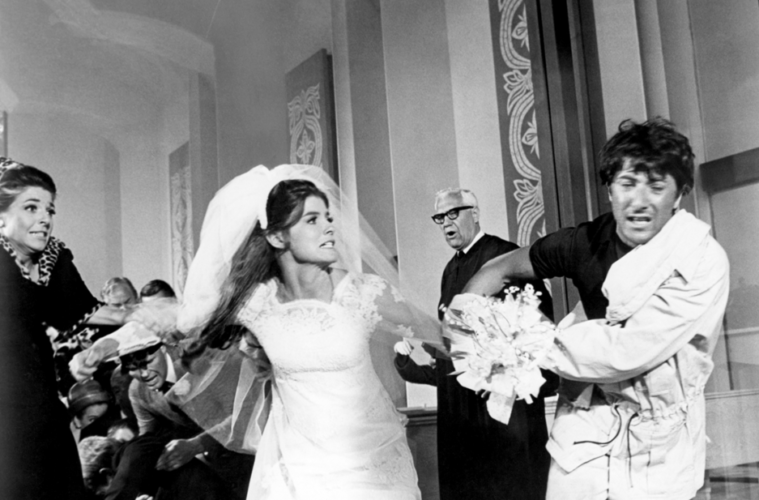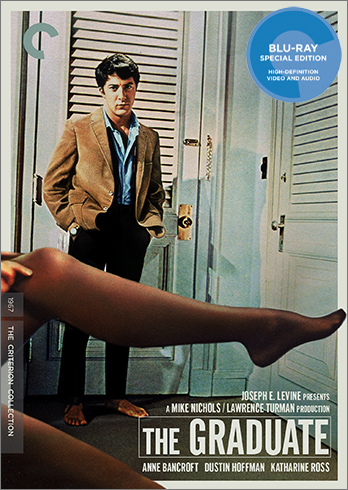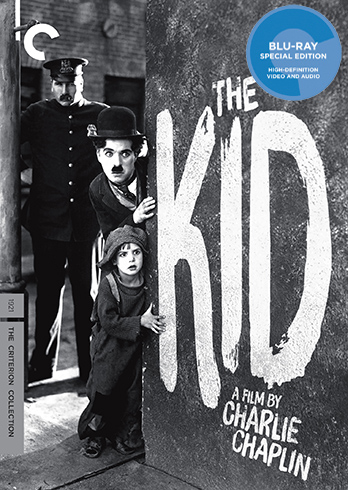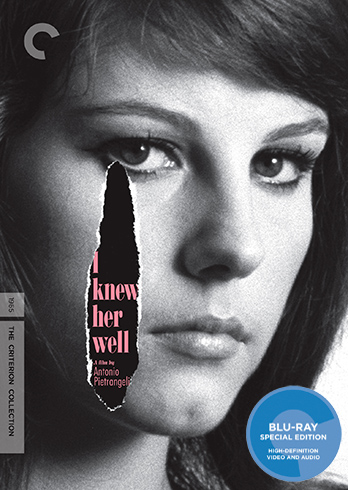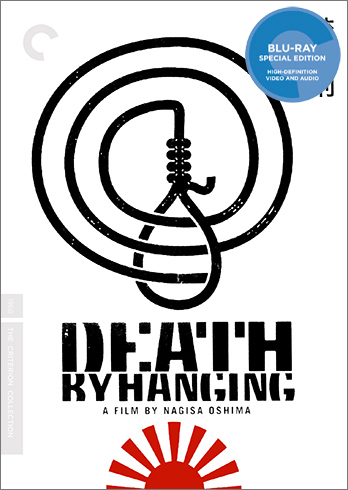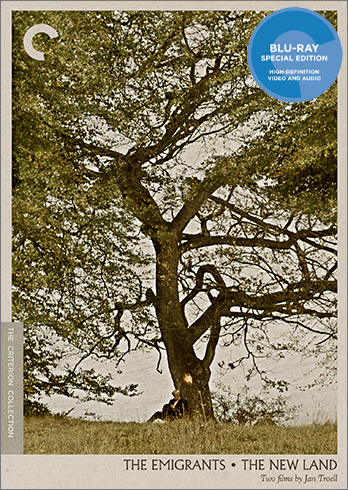
Dailies is a round-up of essential film writing, news bits, videos, and other highlights from across the Internet. If you’d like to submit a piece for consideration, get in touch with us in the comments below or on Twitter at @TheFilmStage.
The Criterion Collection have revealed their February 2016 line-up (click titles for more information):
On The Cinephiliacs, Peter Labuza talks with Jonathan Rosenbaum about his career and Out 1.
Watch Roger Deakins talk Sicario and more in a recent talk, and read our interview with him:
David Bordwell discusses the women crime writers of the 1940s and 1950s:
You might say that Double Indemnity and Out of the Past are quintessentially 1940s-1950s films, and I’d agree. But so too are works based on women writers. The list of Highsmith adaptations, starting with Strangers on a Train (1951), is too long to recite here, but let’s remember that Charlotte Armstrong provided source novels for The Unsuspected (1947) and Don’t Bother to Knock (1952, from Mischief), as well as for Chabrol’s La Rupture (1970) and Merci pour le Chocolat (2000). Filmmakers produced now-classic versions of the Dorothy B. Hughes novels The Fallen Sparrow (1942), Ride the Pink Horse (1946), and In a Lonely Place (1950). The prolific but less famous Elizabeth Sanxay Holding gave us The Blank Wall (1947), adapted twice (The Reckless Moment, 1949, and The Deep End, 2001). Dolores Hitchens’ Fools’ Gold (1958) yielded the implausible basis for Godard’s Band à part (1964). Helen Eustis’s The Fool Killer (1954) became a 1965 film. And of course Vera Caspary’s Laura (1943) became a monument of studio moviemaking.
Watch Danny Boyle discuss his career in an extensive NYFF talk:

